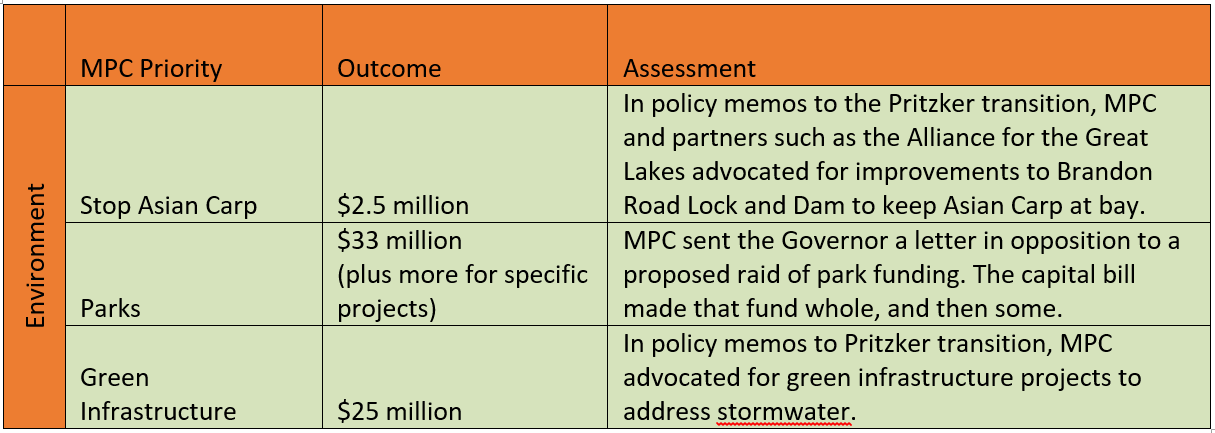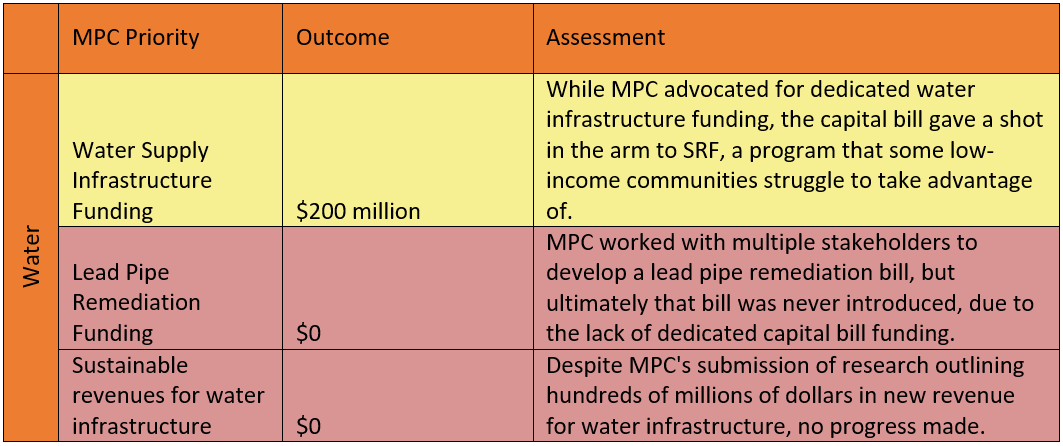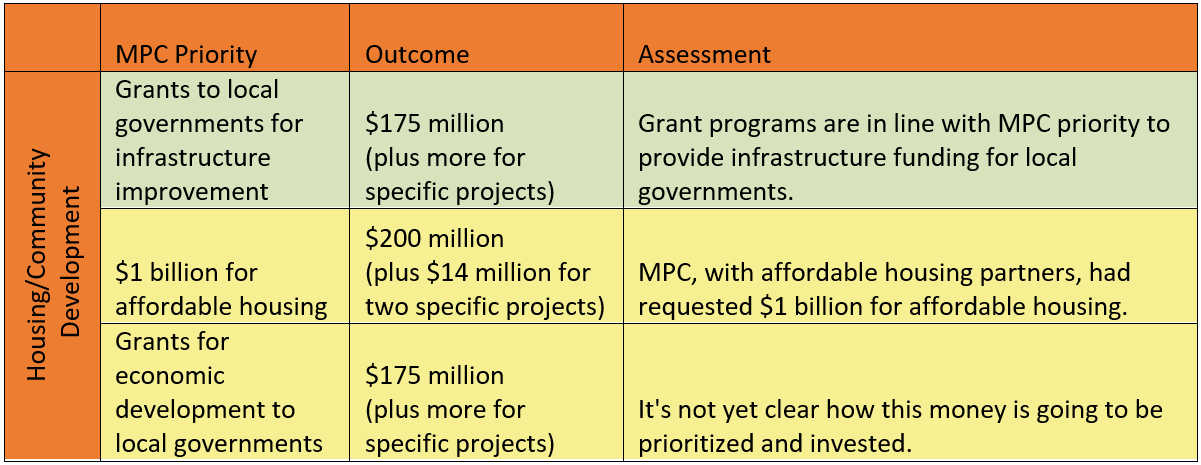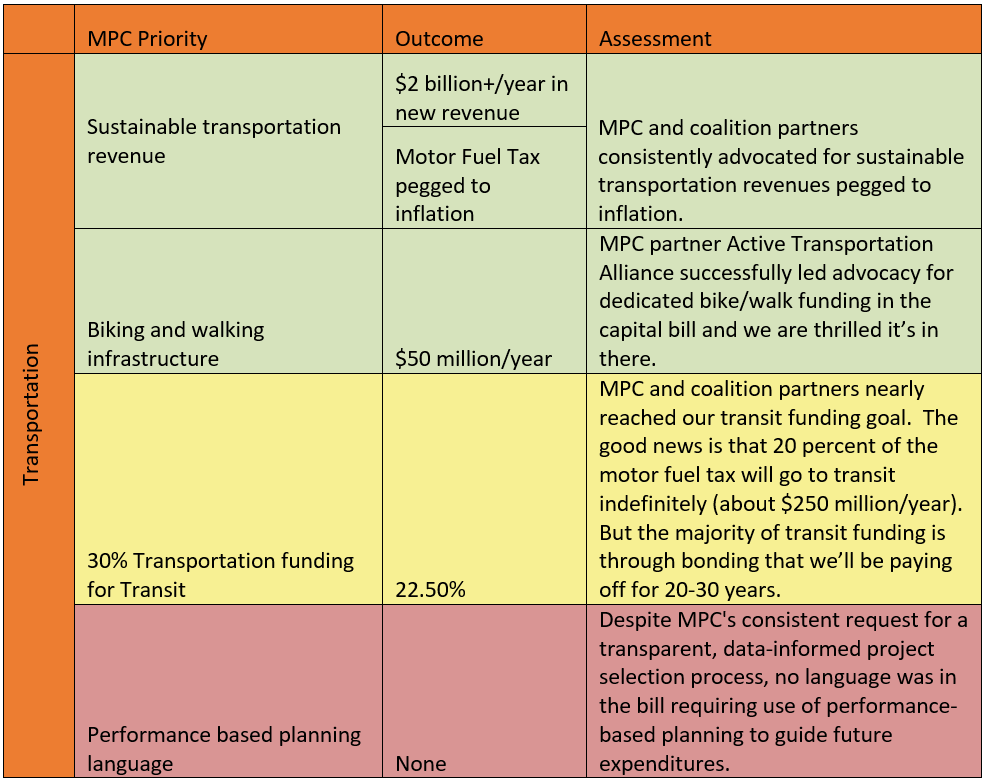Illinois' recently-signed capital bill will invest $45 billion over 6 years throughout the state. MPC weighs in on hits, near misses, and strike-outs.

Image courtesy Randy Von Liski
The capital bill provides money for bridges, roads, community colleges, and state facilities.
Now that our region’s beaches are open and the scooter pilot’s in full swing, the Illinois legislature's spring session feels like an eternity ago. But big news deserves a thorough examination: in June, Governor Pritzker signed into law the first Illinois capital bill in 10 years. It’s a pretty major program: $45 billion for six years, paid for by bonds and fee increases, allocated across transportation, water infrastructure, affordable housing, state facilities, parks, etc. It will take care of some deferred maintenance, some new construction, and new programs. There’s a lot to take in, really.
To help you make sense of all the action, here’s MPC’s guide to some of the most important aspects of the bill for the Chicago region.
Key:

Significant funding for core environmental issues.
MPC was happy to see significant funds devoted to parkland, green infrastructure funding to reduce flooding, and dam improvements to stop Asian Carp. Our partners at the Illinois Environmental Council have a more thorough rundown of environmental projects in the capital bill and budget.

A shot in the arm for water infrastructure health, but no long-term cure in sight.
The capital bill dedicated $200 million to the State Revolving Fund, an important source of water infrastructure funding. Unfortunately, as MPC has argued before, that funding is sometimes difficult for low-income water systems to access.
Beyond this SRF funding, it was a disappointing capital bill for MPC’s water supply issues. There was no money set aside for lead pipe remediation, and no new sustainable revenues created for the state’s aging water infrastructure.

Housing and Community Development
The capital bill dedicated significant funding to economic development and housing issues: a total of $550 million+. Unfortunately, funding for affordable housing falls well short of the $1 billion MPC and its partners requested to begin to fund the gap in affordable housing.

Serious progress on transportation revenues. Where’s that money going?
MPC has been a consistent advocate for two transportation priorities in the capital bill: sustainable funding for transportation infrastructure (especially for transit) and a transparent, data-informed project selection process (which we often call “performance based planning”).
Keep an eye out for a full rundown on the transportation aspects of the capital bill. In the meantime, here’s the quick and dirty: the capital bill made big headway on revenues; unfortunately, no such progress was made on performance-based planning.

As you can see, there was some major movement on some big MPC policy priorities. That said, there’s also plenty of work left to do: as demonstrated by the lead pipe crisis unfolding in University Park, there is a dire need for adequate infrastructure funding. This need extends beyond water supply to transit, housing, and stormwater infrastructure.